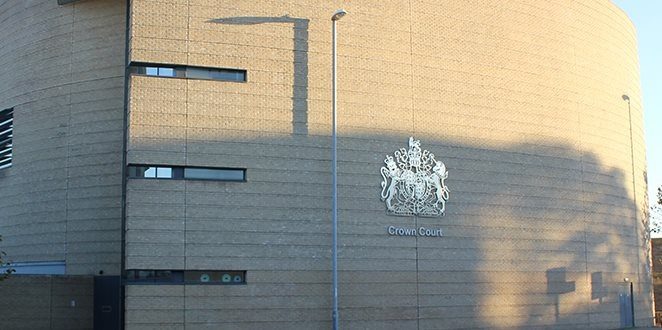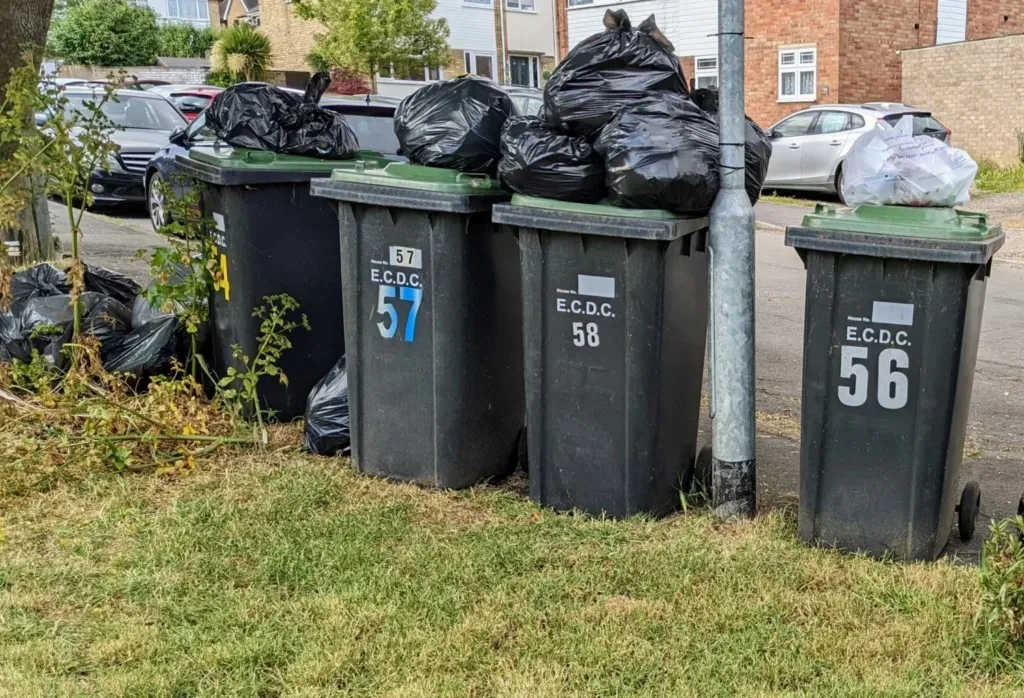South Cambridgeshire District Council says its four-day week trial has resulted in them spending £434,000 less on agency staff covering hard to fill roles. “This has been achieved by filling 10 permanent roles that the council previously struggled to recruit to – particularly in the planning service, where the private sector pays more,” said a council spokesperson.
“This has led to the reduction in spending because directly employing staff in permanent roles is much more cost effective than hiring agency staff that the council was relying on.”
Under a four-day week, officers are expected to carry out 100 per cent of their work, in 80 per cent of the time, for 100 per cent of the pay.
The council says opening hours have been maintained so that they have been at least what they were before the trial – and have been extended on Wednesdays.
“There is evidence elsewhere that working a four-day week means people got more done in less time,” said the spokesperson.
“Similar trials are taking place across the UK, Ireland, and in the USA.”
South Cambridgeshire leader ‘appalled’ by Government interference in 4-day week trial
The council introduced the four-day week trial in a bid to improve services by filling hard-to-fill posts permanently, rather than relying on more expensive agency staff.
It also aims to retain colleagues as regularly changing staff, or using agency employees to cover posts, is both costly and disruptive to services for residents.
It quotes as example when case officers change during the process of a planning application which “can cause delays and frustration because a lot of context and institutional memory is lost”.
Will a four-day work week boost the economy and workforce?
The four-day week trial for desk-based staff began in January 2023 and includes staff at Greater Cambridge Shared Planning, a service shared with Cambridge City Council.
South Cambridgeshire says the Bennett Institute for Public Policy at the University of Cambridge has independently reviewed data from the initial three-month trial.
The institute looked at data from 18 different key areas, covering planning, housing, transformation, human resources and corporate services and finance.
The council spokesperson said: “The data showed that nine out of the 16 areas monitored show substantial improvement when comparing the trial period from January to March to the same period in 2022.
“The remaining seven areas monitored either remain at similar levels compared to the same period last year or saw a slight decline.
“The Bennett Institute noted however that not a single area of performance fell to a concerning level during the trial. The council also plans to have the data from the 12-month trial independently reviewed after the end of March 2024.”
A trial for crews at Greater Cambridge Shared Waste, another service shared with Cambridge City Council, began last September.
Peterborough MP Paul Bristow blasts 4-day week ‘expensive gimmick’
The trial didn’t start at the same time as the initial desk-based trial, says the council, owing to the “complexities and time required” to reorganise bin collection rounds for around 128,000 households across Greater Cambridge.
The council spokesperson said that in December 2023, the Government announced that they were consulting on the possibility of using ‘financial levers’ from 2025/26 to disincentive councils from working in this way “but no further details have been published on what these measures could be.
“As a result, the council’s plans to carry out a consultation shortly after the end of the trial in March this year – before deciding whether to become a permanent four-day week employer – cannot go ahead”.
The council update is intended proposes that the four-day week arrangements remain until the Government has provided the required information.
“Once this is known and understood a consultation can then be carried out, results analysed, and councillors at a full council meeting can decide on whether to become a permanent four-day week employer or not,” said the spokesperson.
LETTER: No minister, we do not accept your conclusions on 4-day week
South Cambridgeshire District Council’s Lead Cabinet Member for Resources, Cllr John Williams, said: “Our four-day week trial is about improving the consistency of services to residents and businesses – by helping us attract and keep hold of talented staff in a hugely competitive job market.
“We know we cannot compete on salary alone and so must find new ways of tackling our recruitment and retention issues. These are particularly acute in South Cambridgeshire due to the cost of housing locally.
“Importantly, we’ve spent £434,000 less on using agency staff to cover 10 roles we classed as hard to fill before the trial. This is because, since announcing the trial, we have been able to fill these roles permanently – rather than using agency workers to cover.”
He added: “We expected to be able to run a consultation about the four-day week shortly after the trial ends at the end of March – but the Government’s own recent consultation into using financial levers to disincentivise councils from proceeding with a four-day week means we now can’t.
“We need to understand what the Government mean by this before we can effectively consult. Today’s report therefore sets out the proposed next steps.”
Ministers accused of ‘knee jerk’ reaction to South Cambs 4-day week
Cllr Mike Davey, Leader of Cambridge City Council, said: “The key thing for us is working out what’s best for our residents.
“So far during the trial we’ve seen high standards maintained in the services we share – planning and waste – with a five-day service maintained for planning and no changes made to the frequency of bin collections.
“We’re looking forward to seeing the full analysis later this year, once the trial has concluded, at which point we’ll be able to further interrogate the data to determine the extent to which a four-day week can help deliver high-quality services for residents.”
The report will be discussed at the council’s employment and staffing committee on Thursday 29 February, before Cabinet members will decide on the trial’s next steps at their meeting on Tuesday 12 March.
The proposals will also be discussed at Cambridge City Council’s strategy and resources scrutiny committee meeting on Monday 25 March.
The report considered by South Cambridgeshire employment and staffing committee and Cabinet can be found within the meeting agenda at: https://scambs.moderngov.co.uk/ieListDocuments.aspx?MId=9794&x=1





























